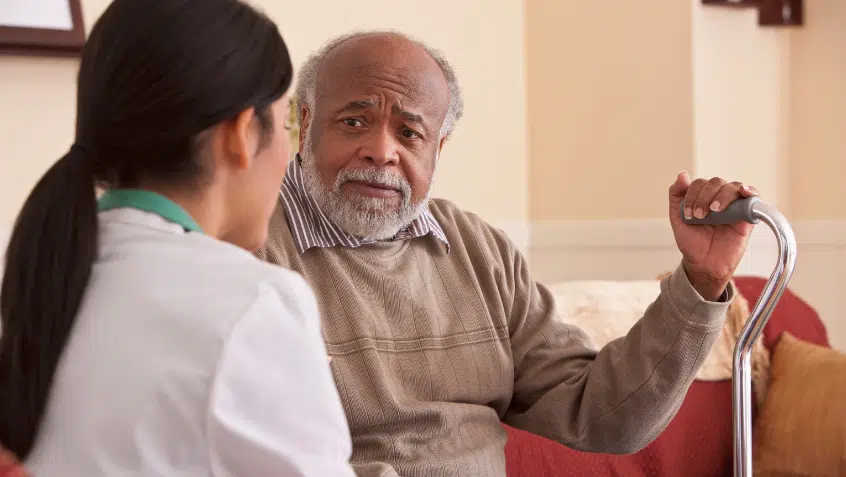Tell Congress to Fund Medicare Outreach and Enrollment Activities That Help Low-Income Beneficiaries

For 16 years, Congress has provided modest funding to find and enroll eligible older adults into programs that help people with limited incomes and assets with out-of-pocket health care costs. It has been extended 12 times with bipartisan support. Without congressional action, it will expire on December 31, 2024. There is still time to protect these dollars, but we need your help! Below, learn more and weigh in today.
What is MIPPA and How Does it Help?
This critical funding was established by the Medicare Improvements for Patients and Providers Act (MIPPA) in 2008. It helps community-based organizations across the country—like State Health Insurance Assistance Programs (SHIPs), Area Agencies on Aging (AAAs), and Aging and Disability Resource Centers (ADRCs)—enroll low-income Medicare beneficiaries in programs that can make their health care and prescription drugs more affordable, like the Medicare Savings Programs (MSPs) and Part D Low Income Subsidy (LIS/Extra Help).
Barriers to Enrollment in Medicare Financial Assistance Programs
Although these financial assistance programs can improve health, well-being, and economic security, many who are eligible are not enrolled. This is partly due to administrative barriers, as the programs have notoriously burdensome application processes and lack of awareness; research indicates many who may qualify are unaware of their existence. Medicare Rights often hears from beneficiaries who haven’t ever been told about this assistance or are caught in administrative red tape and who are facing hardships as a result.
In the last three years alone, MIPPA grantees in every state have helped over three million people with Medicare better understand, afford, and use their coverage.
Why MIPPA Funding Needs to Be Protected
By facilitating engagement with beneficiaries at the local level, the MIPPA funding has proven effective at overcoming these barriers. In the last three years alone, MIPPA grantees in every state have helped over three million people with Medicare better understand, afford, and use their coverage. If allowed to lapse, these community-based organizations will lose the capacity to conduct vital outreach and enrollment activities, and millions of beneficiaries will remain underserved.
How You Can Help: Urge Congress to Act Before It’s Too Late
Join Medicare Rights in urging Congress to prioritize MIPPA funding. Ask your lawmakers to support these proven community-based outreach and enrollment activities so that more people with Medicare can access and afford their coverage. Use this form from the National Council on Aging (NCOA) to weigh in today.
The Latest
Most Read
Congress Moves to Cut Medicaid
Threats to the Social Security Administration and to Benefits Continue to Raise Alarm
House Adopts Senate Budget Plan, Laying the Groundwork for Significant Health Care Cuts
Trump Administration and DOGE Eliminate Staff Who Help Older Adults and People With Disabilities
Add Medicare to Your Inbox
Sign up to receive Medicare news, policy developments, and other useful updates from the Medicare Rights.
View this profile on InstagramMedicare Rights Center (@medicarerights) • Instagram photos and videos









